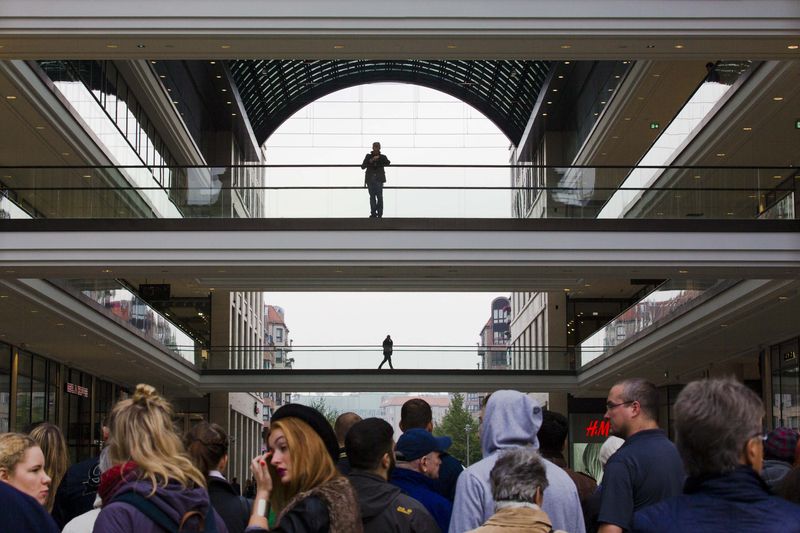Bitcoin price today: dips below $112k, near 6-wk low despite Fed cut bets
Investing.com -- U.S. President Donald Trump’s latest tariff move—a 90-day reprieve and the lowering of all reciprocal tariffs to 10%—does not mean much for the U.K., according to Deutsche Bank (ETR:DBKGn), as direct tariffs on U.K. exports remain unchanged.
Despite the temporary relief from tariffs, the U.K. remains in a challenging position, according to Sanjay Raja, U.K. Chief Economist at Deutsche Bank. It can no longer afford to remain passive on industrial policy.
"Trade uncertainty will no doubt remain elevated. Sentiment will likely have weakened. And policy makers will need to carefully calibrate their next steps as we brave into a new economic world," he said in a note.
Deutsche Bank anticipates the U.K. government to adopt a dual approach to fiscal policy. The Chancellor's budget headroom has likely diminished, with lower equity prices and the tariff impact affecting the fiscal outlook.
The government's strategy includes strengthening industrial policy and protecting businesses from tariff exposure, potentially involving lending facilities and credit guarantees.
Monetary policy also faces dilemmas, with the Bank of England (BoE) expected to cut rates by a quarter point due to growth concerns, despite ambiguous inflation effects. The Monetary Policy Committee (MPC) may consider a larger rate cut if economic sentiment worsens or the labor market deteriorates.
Deutsche Bank does not foresee a UK recession, expecting sub-trend growth in 2025. However, in the event of a severe economic downturn, the Chancellor might suspend fiscal rules to support households and businesses.
The BoE is closely monitoring financial markets, with no current plans to pause quantitative tightening or resume bond purchases, unless financial stability is threatened.
